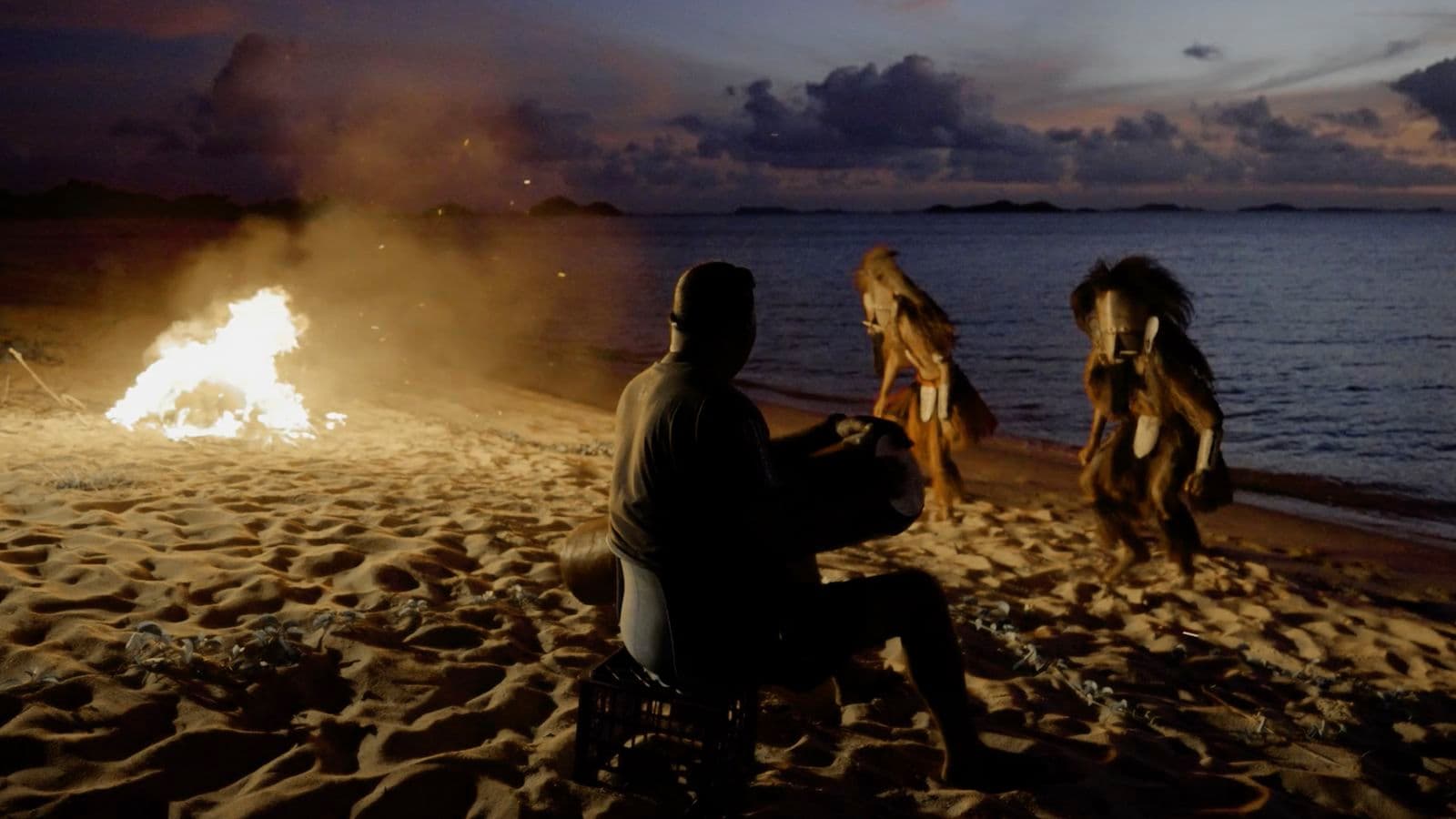The Artist as Activist
Beatrice Thompson on Masami Teraoka’s AIDS series/Makiki Heights disaster (1988)

Masami Teraoka, AIDS Series/Makiki Heights Disaster, 1988, National Gallery of Australia, Kamberri/Canberra, purchased 2023 © The artist
Free
Duration: 45 min including Q&A
Join Beatrice Thompson, Associate Curator, Asia and the Pacific, for a talk focused on the activism of Japanese-American artist, Masami Teraoka.
Teraoka’s practice reflects his interest in contemporary socio-political issues and his work addresses the HIV/AIDS crisis, sexual abuse in the Catholic church and consumerism. Over the years his practice in painting and printmaking have taken on a strong social and political purpose, as he uses his works to process his experience and educate the public.
This talk will particularly focus on Teraoka’s folding screen AIDS Series/Makiki Heights Disaster 1988. Acquired by the National Gallery in 2024, AIDS Series/Makiki Heights Disaster is one of Teraoka’s most important works from his AIDS series. With hand-painted watercolour sheets adhered to a shoji screen, Teraoka used the traditional visual vocabulary of ukiyo-e woodblock imagery of 17th – 19th century Japan to create a contemporary cautionary narrative about the dangers of HIV/AIDS.
Masami Teraoka is a Japanese born artist who lives and works in Hawai’i. He is known for his unique fusion of historic art styles with contemporary themes.
Born in 1936, he initially studied Aesthetics in Japan, before moving to Los Angeles in 1961 to further his artistic training. Teraoka’s immersion in American culture profoundly influenced him artistically and personally, and he became an insightful observer and commentator of Japanese and American culture.
Masami Teraoka and Japanese Ukiyo-e prints is on display in Gallery 26 from 21 Sep 2024–6 Jul 2025.
Content advice: Artworks in the exhibition include nudity and depictions of sex.
Friday Art Talks is a free weekly program. Hear from artists, curators and experts on the works in our collection and exhibition program.
Accessibility
We are committed to making our collections, exhibitions, building and events accessible to all visitors. A range of services are available to facilitate your visit to the Gallery.
Information to help you plan your visit is available on the National Gallery website.
This program is wheelchair accessible. Mobility aids, such as motorised scooters, wheelchairs, and wheelie walkers are available on request from the information desk. Call +61 2 6240 6411 or email information@nga.gov.au to book a motorised scooter in advance.
Headphones will be available for attendees who are hard of hearing.

